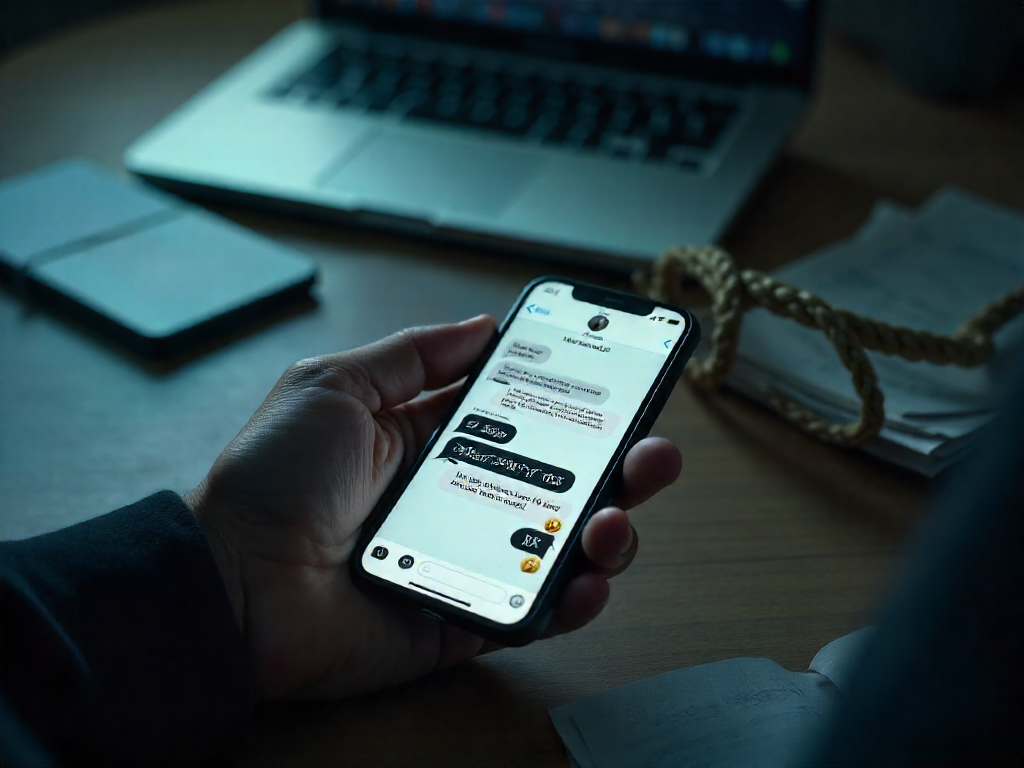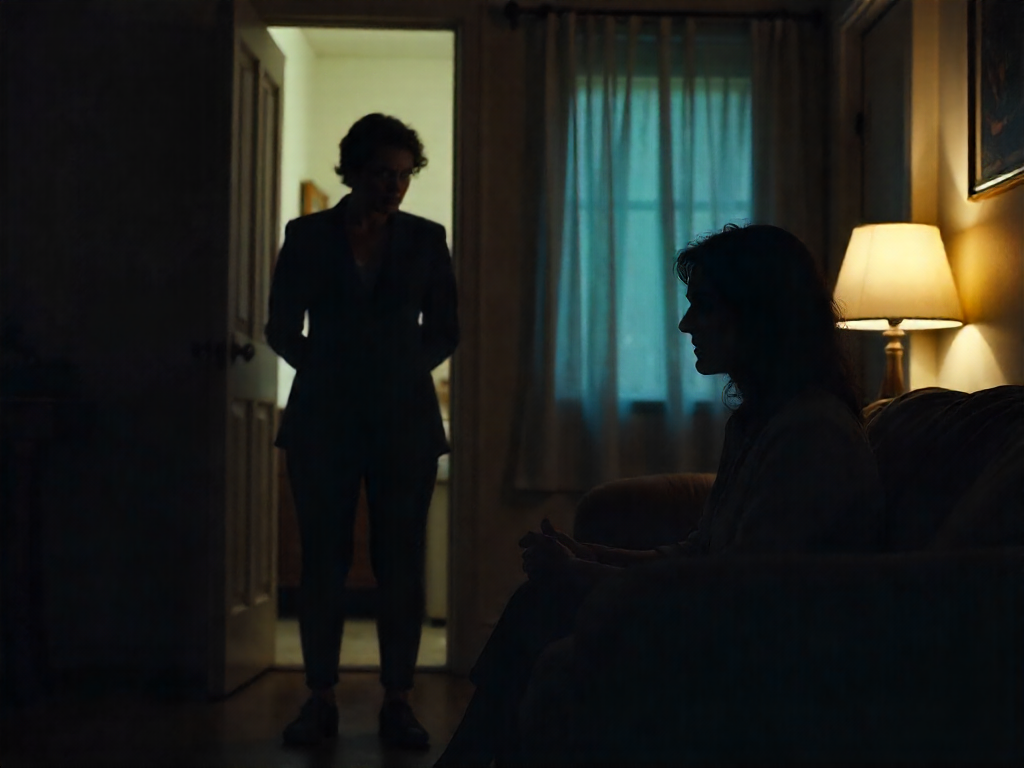I stared at the screen, my hands cold. My mind ping-ponged between the least and worst choices: pay and feel sick, call the cops and escalate, or tell Hannah and possibly lose her. I tried to breathe. Mark’s message glared like a challenge. I’d rehearsed confessions in the shower, in the dark, in the mirror—all versions of me admitting and apologizing and begging for forgiveness. None of them felt honest.

I texted back, I won’t pay. He replied with a snide emoji and a time stamp: five minutes. I called HR first. The woman on the other end listened, slow and methodical, then asked if I had copies of the texts. My throat closed. I had saved some but not everything. The screenshot he sent might be doctored. HR said they’d reopen the investigation if I brought new evidence. It felt like a rope. I hung up and opened my messages to start cataloguing, but my hand hovered.

I told myself I owed Hannah the truth—complete, ugly truth—before anyone else could manipulate our story. I rehearsed out loud: I said Mark cornered me, I froze, I filed with HR. I could hear my neighbor through the wall, and I imagined Hannah’s laugh at first, then the ache.

I knocked on her door. Time slowed. When she opened, her eyes were puffy but unreadable. My mouth filled up with the confession I’d kept like a hard stone. “Hannah, I need to tell you everything,” I said. Her jaw tightened. She stepped back, hands gripping the doorframe. “Please,” I added, and the word felt like both plea and promise. She closed the door a beat. Then she opened it wider and, surprisingly, said, “Okay. Come in.” We sat on the couch; I began, voice shaking, while she listened without interrupting silently.





